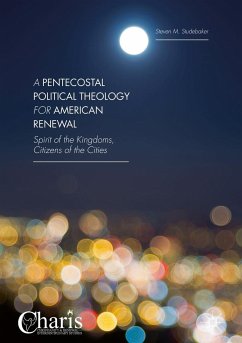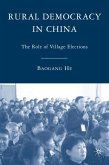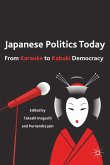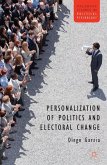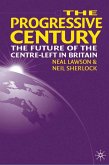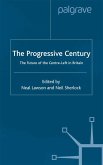After decades of stable and seemingly semi-permanent single-party dominance, Japanese politics have gone through fundamental changes since the early 1990s. Government ministries have been reorganised, prime ministerial powers strengthened, and rules for electing the lower house of parliament overhauled. Furthermore, frequent formation, merger, splintering and disappearance of new parties have continued for more than two decades.
How do citizens make sense of politics amidst such rapid shifts? The authors address this question by focusing on attitudinal and behavioural changes and continuities with respect to political ideology. They explore what issues citizens associate with ideological terms, where they perceive various parties on a conservative-progressive dimension, and to what extent ideology affects their vote choice. Results of new surveys are also presented to shed light on distinctions between different ideological labels and profiles of radicalright supporters. In addition, all topics are discussed with an eye to identifying divergent patterns between older and younger generations.
How do citizens make sense of politics amidst such rapid shifts? The authors address this question by focusing on attitudinal and behavioural changes and continuities with respect to political ideology. They explore what issues citizens associate with ideological terms, where they perceive various parties on a conservative-progressive dimension, and to what extent ideology affects their vote choice. Results of new surveys are also presented to shed light on distinctions between different ideological labels and profiles of radicalright supporters. In addition, all topics are discussed with an eye to identifying divergent patterns between older and younger generations.

